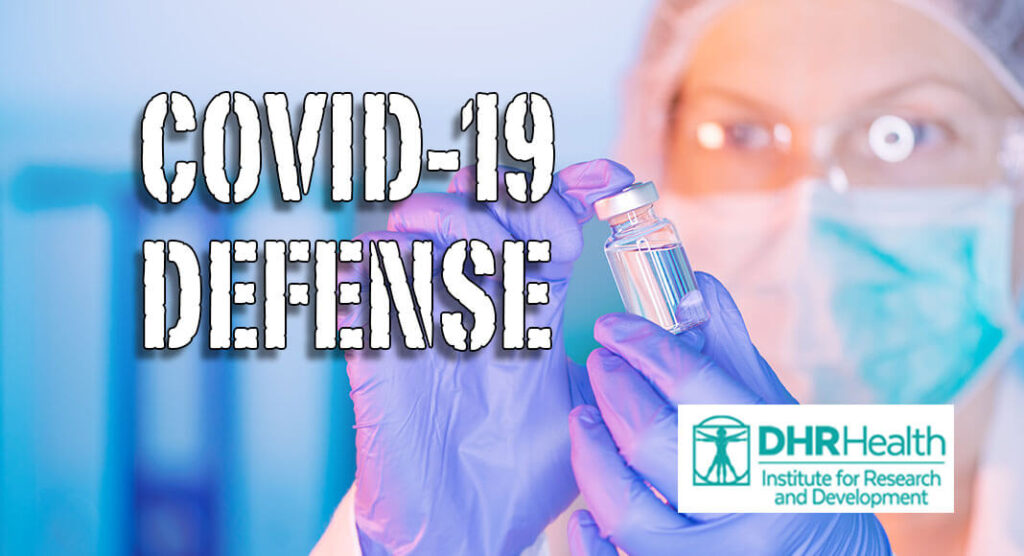
Mega Doctor News
Edinburg, TX – Monoclonal antibody infusion has been used quite extensively in treating mild-moderated SARS-CoV-2 infection. The primary objective of this treatment is to prevent the progression of disease to a severe stage requiring hospitalization. At DHR Health and DHR Health Institute for Research & Development, we have infused REGEN-COV monoclonal antibody to over 500 patients with mild-moderate SARS-CoV-2 infection with very satisfactory outcome. This included adults, children and pregnant women who were at high risk for developing severe COVID-19 disease.
“We are embarking on a new project that is both FDA and IRB-approved to infuse monoclonal antibodies to asymptomatic high-risk individuals who are COVID-19 negative but have been exposed to a COVID-19 positive patient” said Sohail Rao, MD, MA, DPhil, President & CEO, DHR Health Institute for Research & Development. “The purpose of this initiative is to prevent the development of SARS-CoV-2 infection in qualified adults and children 12 years of age or over who are exposed to a COVID-19 positive patient for at least 15 minutes in a 24-hour period”.
The study entails a single treatment with REGEN-COV monoclonal antibody which is either infused intravenously or administered subcutaneously. To learn more about who would qualify for this treatment, please visit this website:https://dhrresearch.org/wp-content/uploads/2021/08/CHECKLIST-08-08-2021-1.pdf or call the post-exposure prophylaxis hotline (956) 362-2357 (9:00 a.m. – 5:00 p.m.; M-F) for more information.










